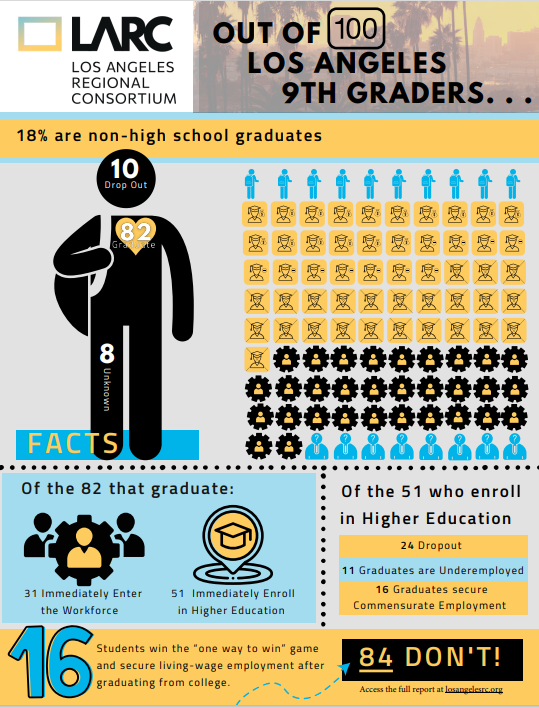Career Technical Education (CTE) Hub
Career Technical Education provides courses that integrate technical training and academics to help students develop the knowledge and skills needed for transitioning to career training, post-secondary education and the workforce. This educational philosophy balances academics with real-world problem solving and relevance in 15 high-employing industry sectors.
LA County's Neglected Majority: (Re)Defining True Success for High School Students in Los Angeles County
Re(Defining) True Success for High School Students in Los Angeles County Los Angeles is one of the most well-known cities in the world. Primarily, because of the relatively short distance between beaches, mountains, and the desert. Not to mention its highly desirable weather, theme parks, and of course, Hollywood stars and famous TV and movie studios. However, did you know Los Angeles County is the first in the nation to reach 10 million residents? With that many residents, one would assume its education system is the best.
Given the size of Los Angeles County, there is a particular interest in knowing how high school students are performing, if they are graduating, and what success follows high school. While graduating high school is a significant accomplishment for students, parents, and educators, it isn’t - and it shouldn’t be - the end goal.

